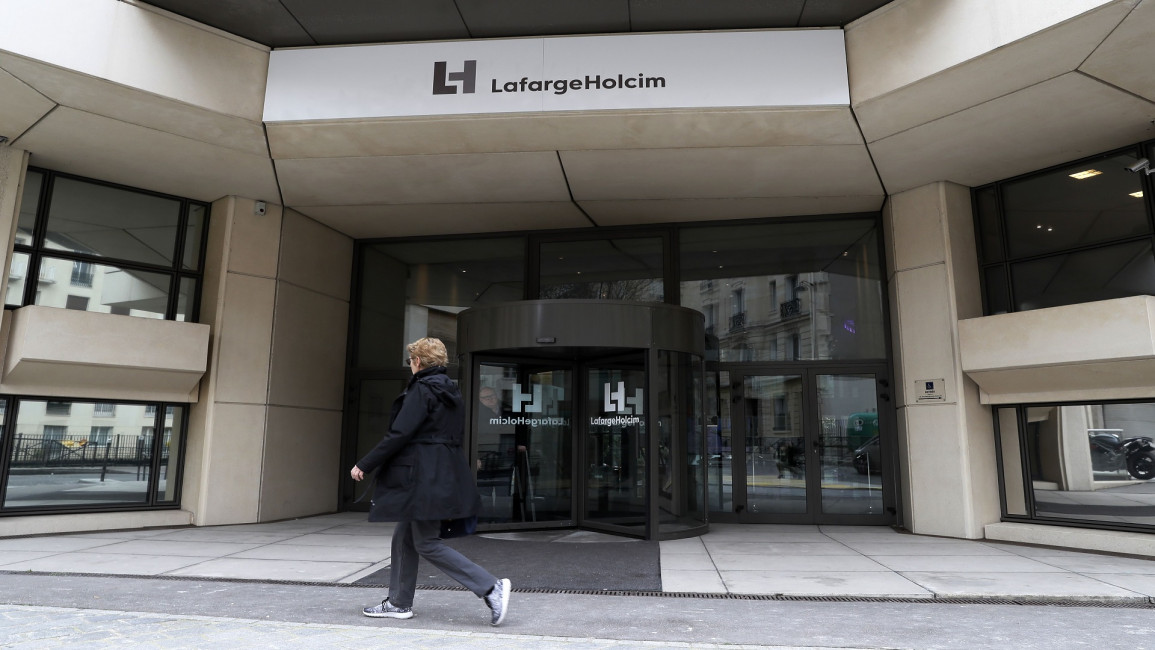French cement company charged with 'complicity in crimes against humanity' in Syria
Lafarge's Syrian subsidary was accused of financing terrorists and paying millions to Islamic State group militants via middlemen to keep a factory in the war-torn country open.
The company, who said they will appeal the charges, was also charged with endangering the lives of former employees at the cement plant in Jalabiya, northern Syria.
This is the first time a parent company in the world has been charged with complicity in crimes against humanity, reported French rights group Sherpa.
These allegations are among the most serious against a French company in years.
Lafarge was ordered to hand over $35 million to authorities as a security deposit ahead of the trial by three judges in Paris.
The cement giant is suspected of paying around $16 million to the Islamic State group and other militant groups to keep the Jalabiya plant in northern Syria running, long after other French companies had pulled out of the war-torn country.
Eight former executives, including the former CEO, have already been charged with financing a terror group, and endangering the lives of others between 2011 and 2015.
According to investigators, Lafarge Cement Syria paid a "tax" to ensure the free movement of the company's staff and goods inside the warzone.
Cash is also believed to have been used to purchase petrol and raw materials from suppliers close to the terrorist group.
Investigators also suspect that the French company sold cement to IS.
"We deeply regret what happened in our Syrian subsidiary and as soon as we were informed, we immediately took firm measures," said Beat Hess, board president of LafargeHolcim.
"None of the people charged is part of the company today."
The company acknowledged in a statement that its "supervision of its Syrian subsidiary did not allow it to identify failures arising from an unprecedented breach of internal rules and regulations by people who have left the group".
The criminal charges "do not fairly reflect Lafarge's responsibilities" for what happened, it added.
Rights group Sherpa, however, hailed the decision, describing it as "a decisive step in the fight against the impunity of multinationals operating in armed conflict zones".
"The activities of Lafarge in Syria, in a context where extremely violent crimes had been committed - even right outside the factory - are a perfect illustration of how multinationals can feed conflicts," said the European Center for Constitutional and Human Rights (ECCHR) legal director Miriam Saage-Maass.
"That the courts are finally recognising the scope and seriousness of these allegations is absolutely historic."



